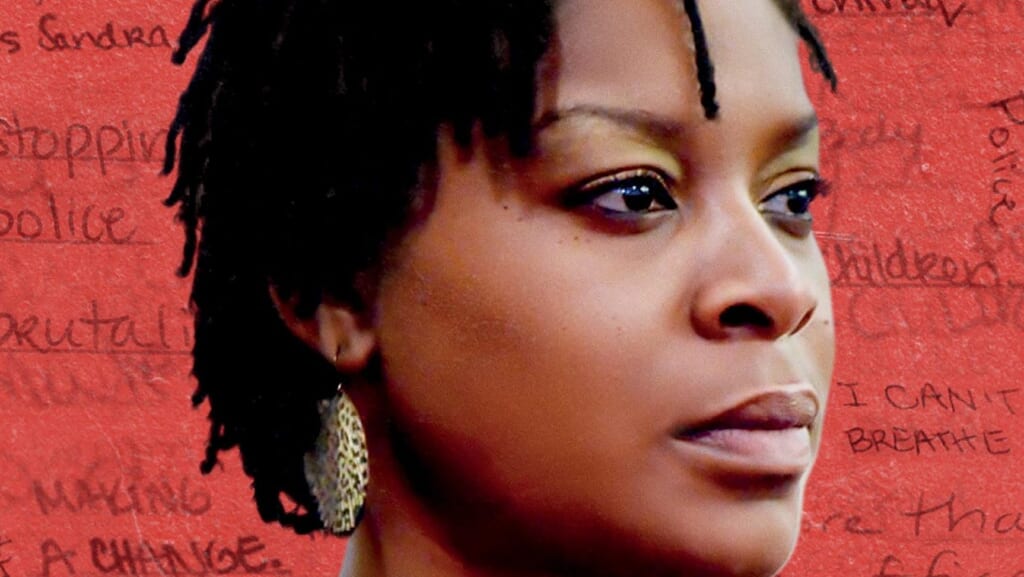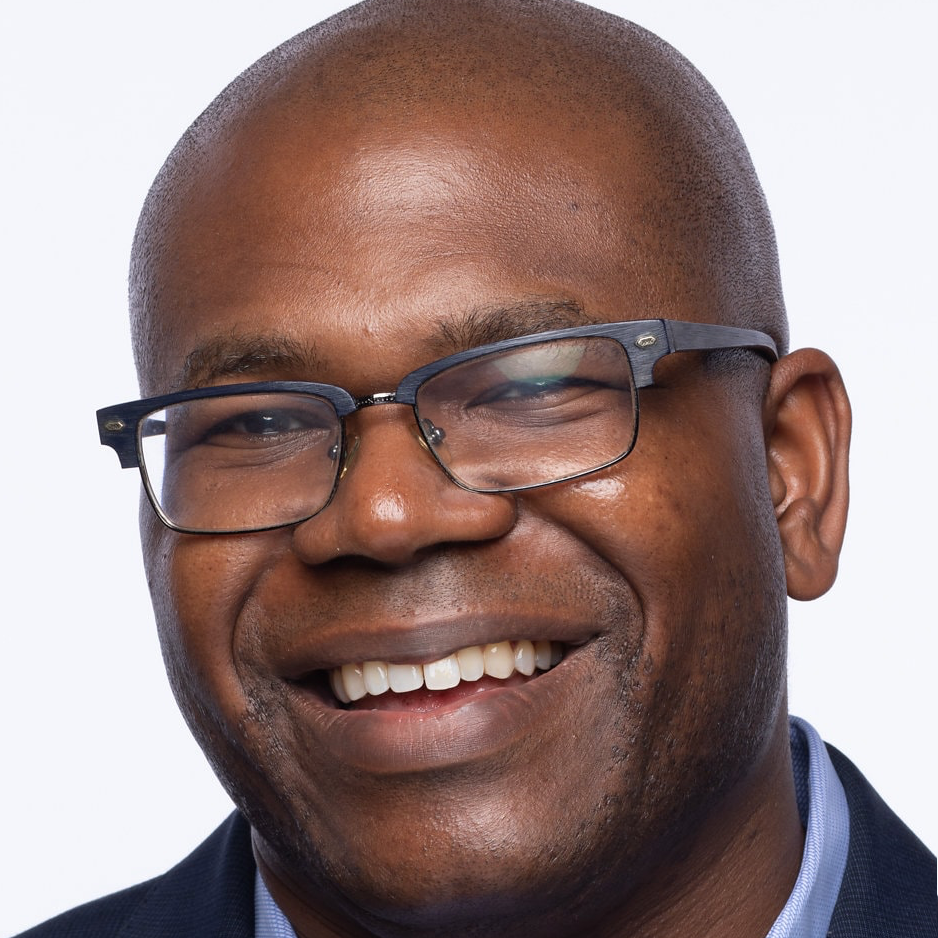Don’t let the anniversary of Geroge Floyd’s murder be an excuse to ignore history
OPINION: It’s important to remember Floyd in the context of violence against Black Americans and not as a turning point. Not doing so erases the names that came before him.
Last week, my editor asked me if I wanted to do an essay for the one-year anniversary of George Floyd’s murder (we can say that now, the trial proved it and everything) and I quickly said yes. Then just as quickly I was confounded about what I would say. Initially, I thought it was because 2020 was such a complicated year overall.
Floyd’s murder happened about two months into the COVID-19 pandemic, and that was the point where, collectively, Americans not living in Florida began to realize they weren’t going to be back in movie theaters and going to concerts in time for Labor Day. Then there was the brutal presidential election between Donald Trump and Joe Biden, which made 2020 a life or death vote in a way that honestly Diddy could’ve never dreamed of when he came up with his half-baked slogan back in ’04.
I thought perhaps my confusion about what to write was based on the fact that the conviction of former Minneapolis officer Derek Chauvin, the man who killed George Floyd, wouldn’t change much about police violence against Black Americans.
Read More: Five ways George Floyd really changed the world
In the end, though, I realized that it was none of those things. My apprehension about the memorializing of the one-year anniversary of George Floyd’s murder is that memorials and ceremonies have a way of eating up history. Big names and banners and sepia-tinted television retrospectives are often used to wipe away the context of an event while seeming to arbitrarily lift one name above others.
My fear is that in our desire to remember George Floyd, the names of those who came before him will fade into history when they are just as important as he was.
History is a group project where, like in high school, one person usually does much of the work but someone else gets to do the class presentation. In American history, Black people are usually the ones doing the work, pushing the boundaries of what America is supposed to mean, challenging the nation to live up to its creed and making sure that the rights of others are protected so that perhaps we can live in peace by proxy.

When we learn history, if we actually learn history, we learn of a couple of important Black names here and there, but those names are often decoupled from the many men and women who are just as crucial to that moment in time and the outcomes that stemmed from it.
We learn about Booker T. Washington and W.E.B. DuBois battling it out ideologically but don’t discuss Alain LeRoy Locke, or Thomas Nelson Baker, who were their contemporaries and often fell between and sometimes outside of the philosophies of those two men. Thanks to the popularity of Watchmen on HBO, there has been raised public discussion about the white terrorist attacks on Tulsa, Oklahoma in 1921. This is a good thing, but what about mass murders of Black people in Colfax, Louisiana in 1873, Vicksburg, Mississippi in 1874; El Dorado, Arkansas in 1910, or Longview, Texas in 1919?
Most every Black person can ramble off the names of Malcolm X, Martin Luther King and Angela Davis as Civil Rights leaders, but the C.T. Vivians and Bayard Rustins are often left out of the mix unless it’s an anniversary or about their passing. What is the consequence of these unfinished public memories? These public gaps in history?

Those open spaces make problems of the era, the challenges Black people faced, and the breadth and depth of the pushback against systematic racism seem much smaller than it was. If we are left believing that only the Big Brains of Booker T. and DuBois were debating the status of Black folks in the early 20th century, we may forget that these serious debates were raging in local Black papers around the country, that there were prominent men and women fighting in Chicago, and Indianapolis and Baltimore about these same issues.
If we just learn about Tulsa, we may think that white terror wasn’t nearly as pervasive and encouraged as it was throughout the country, often from the White House. In a similar way, I fear that if we lionize the anniversary of George Floyd’s death, in 15 or 20 or 30 years, collective memory will forget that it was Breonna Taylor, and Ahmaud Arbery, and Sandra Bland, and Elijah McClain, and Mya Hall and Philando Castille’s deaths that really led to the Floyd murder being a breaking point.
As much as the names Trayvon Martin and Mike Brown are seared into our collective minds today, I fear that in another decade of memorials we’ll forget that it was really their deaths that birthed the public knowledge of the Black Lives Matter movement. These names can’t be forgotten or overlooked or misplaced in favor of the name that was easiest for white America to remember. I don’t want Breonna Taylor to become the Claudette Colvin of the Black Lives Matter era. I don’t want Ahmaud Arbery to be a trivia question on Black Jeopardy 2035 or Sandra Bland to become a footnote in a 2028 dissertation about the beginnings of America’s second Civil Rights movement.

In other words, I want us to always see George Floyd in the context of violence against African Americans and not as a turning point, because that not only erases the names that came before him, but throws a metaphorical blanket over Ma’Khia Bryant, Ronald Greene and Andrew Brown Jr.
So today on the one-year anniversary of George Floyd’s murder, whether that means you’ll be glued to the television, or simply going about your daily routine, please remember to remember. That George Floyd did change the world, not through a willing sacrifice, (despite what Nancy Pelosi would have you believe) or with any knowledge of what his death would become.
That, in fact, his death brought change because of dozens of known and unknown men and women who were killed before him and Black America had had enough, that his death wouldn’t have changed the world without the cell phone camera of Darnella Frazier, that the world wouldn’t have been paying attention had many of us not been sheltering in place during the early days of the pandemic and most importantly that the conviction of the officer who murdered him has done nothing to stem the tide of violence against Black people in America.
Remember these things, and George Floyd’s death won’t be used by history to whitewash the rest of America’s ills.

Dr. Jason Johnson is a professor of Politics and Journalism at Morgan State University, a Political Contributor at MSNBC and SIRIUS XM Satellite Radio. Notorious comic book and sports guy with dual Wakandan and Zamundan citizenship.
Have you subscribed to theGrio’s “Dear Culture” podcast? Download our newest episodes now!
TheGrio is now on Apple TV, Amazon Fire and Roku. Download theGrio.com today!
The post Don’t let the anniversary of Geroge Floyd’s murder be an excuse to ignore history appeared first on TheGrio.
from TheGrio https://ift.tt/3ufEZnf
No comments: